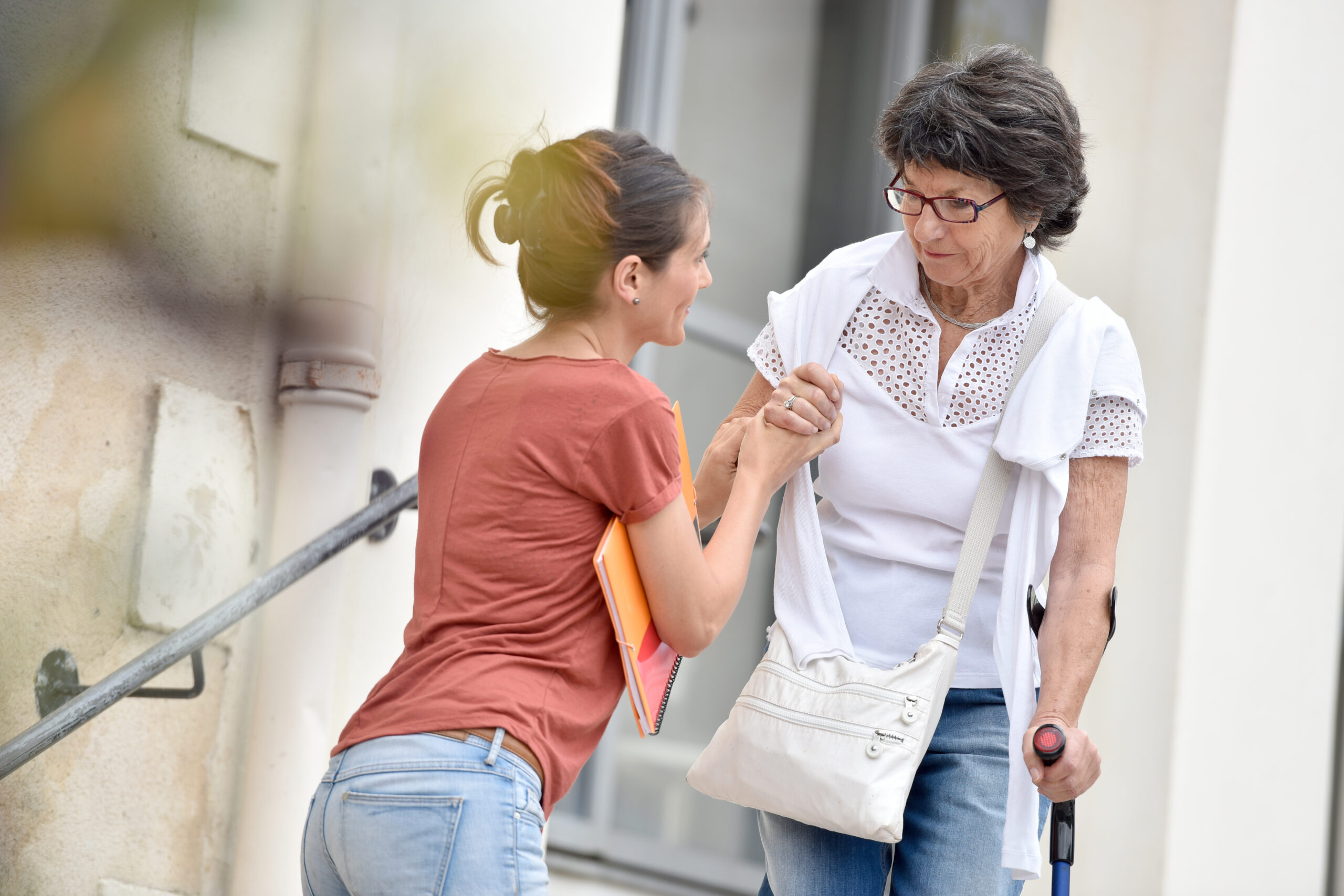Experiencing an accident could lead to various problems, making daily life more hectic. However, close friends and family members who step up and offer their support and assistance with everyday life can make the incident less stressful and easier to cope with and manage. The way you help a loved one will vary for different reasons, such as the significance of the accident or your work schedule, finances, and skill set.
Develop a Care Plan
From the moment your loved one experiences the accident, there are different issues that the incident causes, encouraging you to volunteer for your loved one’s care. Developing a plan could prevent them from being alone, as long as you and other family or friends step up to help. Your loved one’s care plan should also include managing doctor appointments, meal preparation, and daily chores, such as cleaning, washing clothes, sports, and more. If they are unable to walk by themselves, make sure that they have a way to contact you in case they require assistance.
Assist with Research
Being in an accident could lead to significant injuries that reduce work hours and cause lower compensation, along with more medical expenses. Therefore, your loved one should have access to an experienced personal injury attorney who can explain their options. It’s important to find a reputable attorney who has helped with similar cases in the past. Because personal injury laws vary depending on where you live, it’s important to work with a professional who is familiar with local injury laws. When assisting with the research process, always keep your friend or family member up-to-date on other resources available, such as discounted meals, reduced insurance costs, and more. While conducting research, you could also come across organizations that offer free services, including healthcare or activities associated with personal hygiene.
Encourage Stress-Free Activities
Even if your friend’s physical health is limited, you can find a variety of fun activities for them to participate in, reducing anxiety and boosting their mental and emotional well-being. If your loved one doesn’t want to take on projects, games, outings, and other fun things following the accident, it would be a good idea to explain the benefits. Let your loved one know that stress-free activities could redirect their mind to something positive or work out muscles and reduce pain. When encouraging these things, it would be a good idea to have some preplanned, opposed to choosing after the fact or making your loved one come up with the activities on their own. However, it’s important to check with a medical professional before inviting your loved one to participate in physical activities.
Listen
Often, the accident can take an emotional toll on your loved one. They may be experiencing flashbacks of the incident that cause shock, fear, or various negative emotions. However, as a trustworthy friend or family member, you can do a great job by merely listening. Effective communication is an excellent way to ease the situation and build your relationship. By listening, you could also learn more about the effect of the accident, including how it impacted your loved one and the type of care they are currently receiving. It’s also important to look for a mental health professional in the event that their injury affected them psychologically.
Getting into an accident could be difficult, which is why you need to step up and let your love know you’re there throughout the entire process, from recovery to basic needs. Being supportive could help your loved one deal with the accident with less stress and more confidence.















